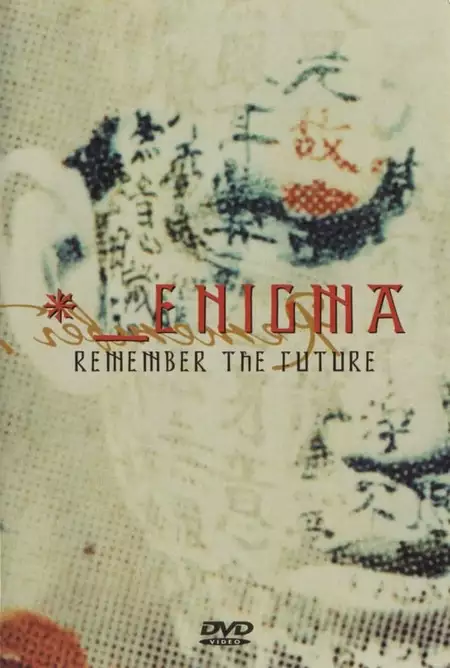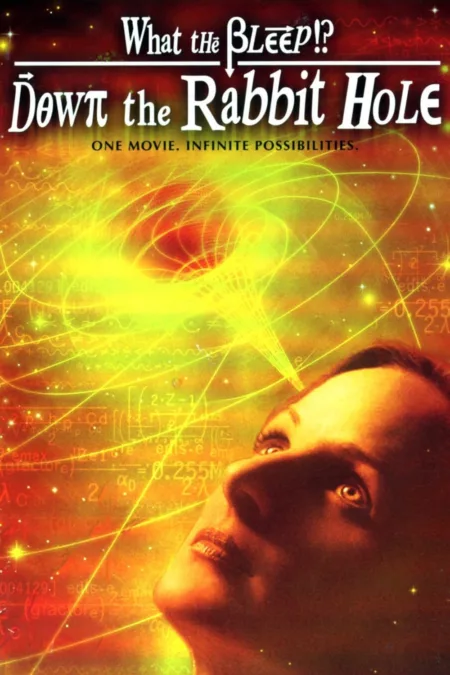What the #$*! Do We (K)now!? (2004)
April 23, 2004Release Date
What the #$*! Do We (K)now!? (2004)
April 23, 2004Release Date
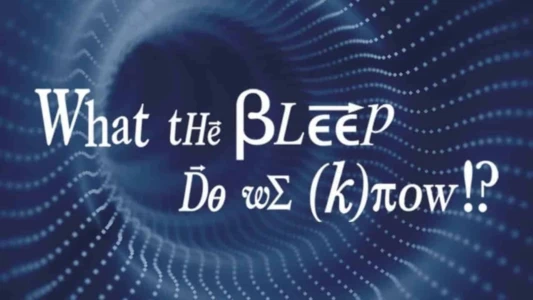
Plot.
Where to Watch.
Cast & Crew.

Marlee Matlin
Amanda

Elaine Hendrix
Jennifer

John Ross Bowie
Elliot

Robert Bailey Jr.
Reggie

Barry Newman
Frank

Larry Brandenburg
Bruno

Robert Blanche
Bob

Michele Mariana
Tour Guide

Armin Shimerman
Older Man (in subway)

Eric Newsome
Voice Over Talent (voice)

Kirk Thornton
Voice Over Talent (voice)

Michelle Ruff
Voice Over Talent (voice)

Lia Sargent
Voice Over Talent (voice)

Michael Sorich
Voice Over Talent (voice)

Steve Blum
Voice Over Talent (voice)

Tom Fahn
Voice Over Talent (voice)

Val Landrum
Ticket Sales Girl

Casper Van Dien
Romantic Moritz (uncredited)

David Bridges
Director of Photography

Mark Vicente
Director of Photography / Producer / Writer / Director

Christopher Franke
Original Music Composer

William Arntz
Director / Writer / Producer

Betsy Chasse
Director / Writer / Producer

Jonathan P. Shaw
Editor
Media.




Details.
Release DateApril 23, 2004
StatusReleased
Running Time1h 49m
Box Office$10,000,000
Genres
Last updated:
This Movie Is About.
Wiki.
What the Bleep Do We Know!? (stylized as What tнē #$*! D̄ө ωΣ (k)πow!? and What the #$*! Do We Know!?) is a 2004 American pseudo-scientific film that posits a spiritual connection between quantum physics and consciousness (as part of a belief system known as quantum mysticism). The plot follows the fictional story of a photographer, using documentary-style interviews and computer-animated graphics, as she encounters emotional and existential obstacles in her life and begins to consider the idea that individual and group consciousness can influence the material world. Her experiences are offered by the creators to illustrate the film's scientifically unsupported ideas.
Bleep was conceived and its production funded by William Arntz, who serves as co-director along with Betsy Chasse and Mark Vicente; all three were students of Ramtha's School of Enlightenment. A moderately low-budget independent film, it was promoted using viral marketing methods and opened in art-house theaters in the western United States, winning several independent film awards before being picked up by a major distributor and eventually grossing over $10 million. The 2004 theatrical release was succeeded by a substantially changed, extended home media version in 2006.
The film has been described as an example of quantum mysticism, and has been criticized for both misrepresenting science and containing pseudoscience. While many of its interviewees and subjects are professional scientists in the fields of physics, chemistry, and biology, one of them has noted that the film quotes him out of context.
What the Bleep! Collection.
You May Also Like.

Priest (2011)
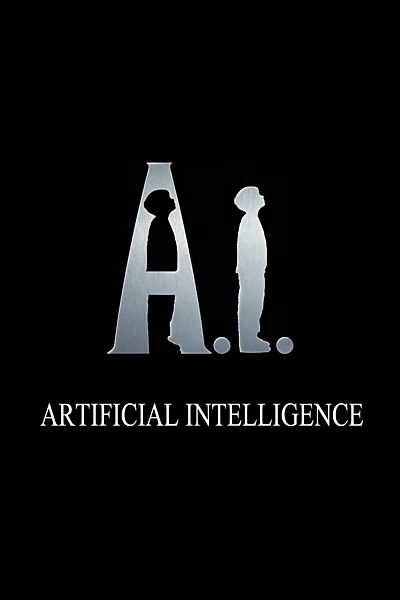
A.I. Artificial Intelligence (2001)

300 (2007)
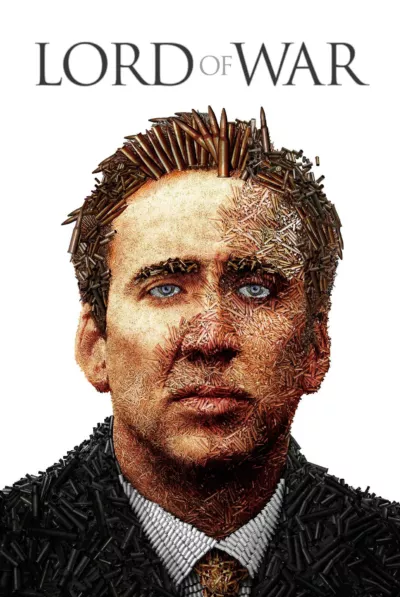
Lord of War (2005)

Pitch Perfect 2 (2015)
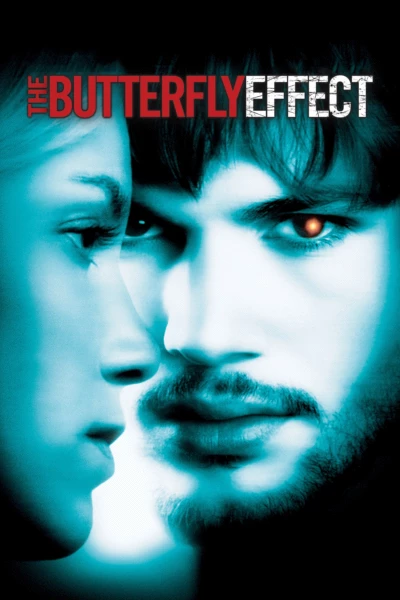
The Butterfly Effect (2004)

Assassin's Creed (2016)

The Girl on the Train (2016)

Inside Job (2010)
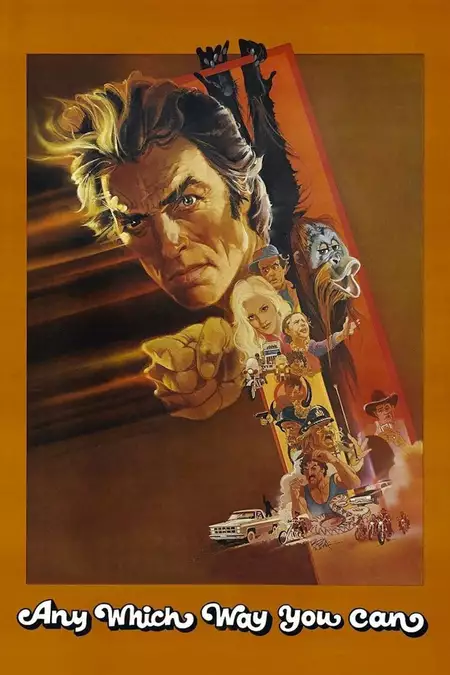
Any Which Way You Can (1980)
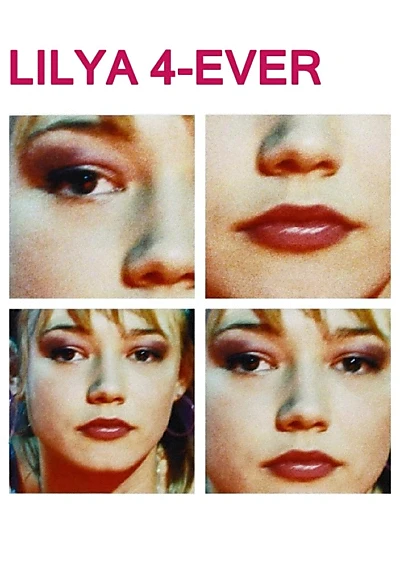
Lilya 4-ever (2002)

The Dukes of Hazzard: The Beginning (2007)

Freaks Out (2021)
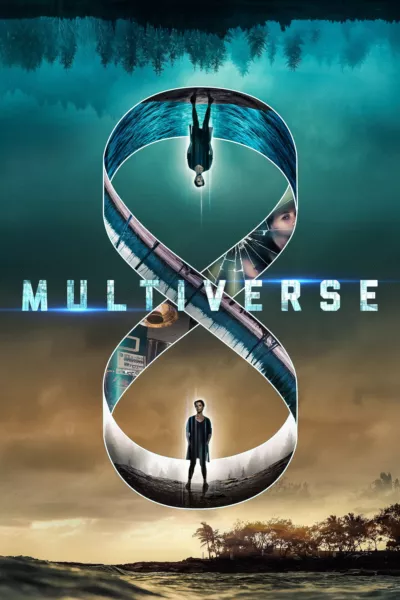
Multiverse (2021)
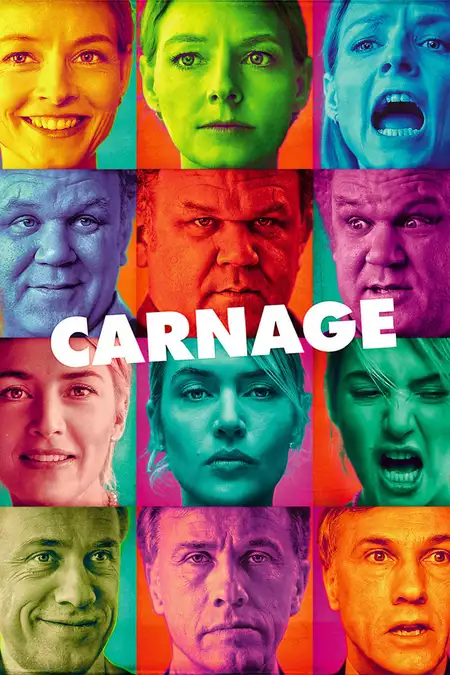
Carnage (2011)
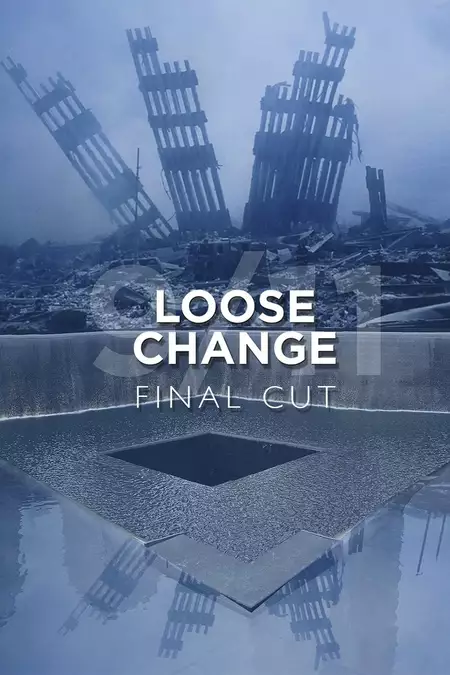
Loose Change: Final Cut (2007)

Alphabet (2013)

K-13 (2019)

Adam K (2016)
